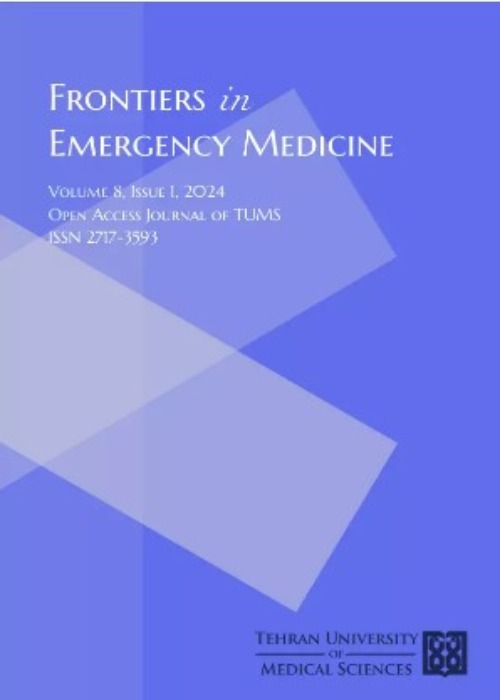Cardiac dysrhythmia in COVID-19 patients; occurrence and risk factors
In this study, we have evaluated the occurrence and risk factors of cardiac dysrhythmia on admission and during hospitalization in COVID-19 patients.
This study was conducted as a retrospective cohort in which 893 electrocardiograms (ECGs) taken at the time of admission and 328 ECGs taken during hospitalization were evaluated. These ECGs were assessed for cardiac dysrhythmias by a cardiologist. Finally, relationships between clinical characteristics and the occurrence of cardiac dysrhythmias in patients were assessed.
Most common cardiac dysrhythmias on admission were sinus tachycardia (64.8%), atrial fibrillation (13.5%), and sinus bradycardia (11.3%). Multivariate regression analysis showed that a history of metformin use (RR=0.83; p=0.042) was independently associated with reduced risk of cardiac dysrhythmias on admission, while male sex (RR=1.16; p=0.018), history of cardiovascular diseases (RR=1.16; p=0.017), history of cancer (RR=1.40; p=0.004) and QT prolongation on ECG (RR=1.18; p=0.017) were associated with a higher risk of cardiac dysrhythmias on admission. Also, from the 328 patients that had a second ECG, 185 (56.4%) experienced cardiac dysrhythmias during their hospitalization. Multivariate analysis showed that presence of cardiac dysrhythmias on admission (RR=1.85; 95% CI; 1.49-2.35; p<0.001) was the only independent prognostic factor for the occurrence of cardiac dysrhythmias during hospitalization. no significant relationships were observed between treatment regimens and the incidence of cardiac dysrhythmias.
The present study showed that more than half of COVID-19 patients have cardiac dysrhythmias on admission. Our analyses illustrated that a history of metformin use was associated with a lower risk of cardiac dysrhythmias on admission, while male sex, history of cardiovascular diseases, history of cancer, and QT prolongation were associated with a higher rate of cardiac dysrhythmias. Hydroxychloroquine use along with azithromycin and Kaletra (Lopinavir-Ritonavir) had no association with the development cardiac dysrhythmias during hospitalization.
- حق عضویت دریافتی صرف حمایت از نشریات عضو و نگهداری، تکمیل و توسعه مگیران میشود.
- پرداخت حق اشتراک و دانلود مقالات اجازه بازنشر آن در سایر رسانههای چاپی و دیجیتال را به کاربر نمیدهد.



